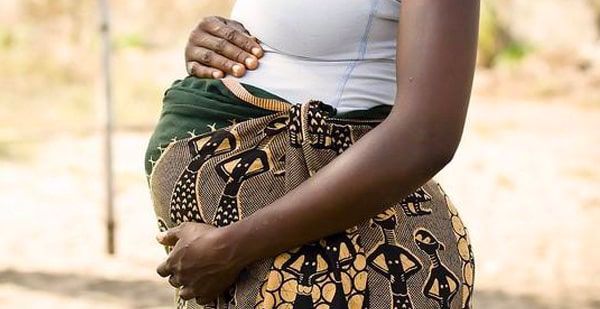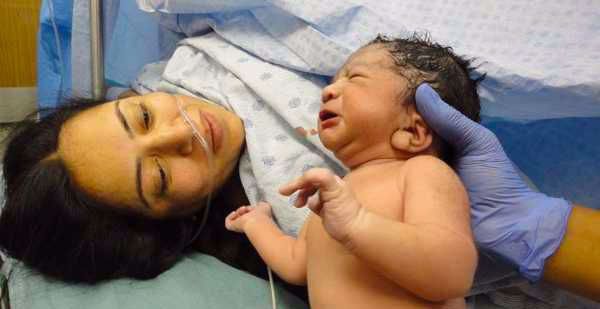Every day around 800 women and over 3,500 babies die as a result of childbirth and complications of pregnancy. At the University of Birmingham, Professor Arri Coomarasamy and his team are investigating ways to stop mothers dying from bleeding and sepsis, two of the most common causes of mothers dying.

Birmingham Heroes: Ari Coomaramasy
In the modern world, pregnancy and childbirth are considered safe and simple events that occur thousands of times every day. However, a straightforward childbirth can sometimes quickly turn into a catastrophe, in which case expert clinical care is needed to avoid poor outcomes.
While in the UK and other well-resourced countries a range of healthcare is available to mothers and their new-borns, in poor countries childbirth remains a very dangerous time for mothers and their babies. Mothers and babies in poor countries often do not have access to the healthcare, services or education available in the developed world. Often mothers in labour or suffering severe complications need to walk many miles to seek medical treatment, and when they reach a health facility, they often receive limited care due to lack of drugs, equipment or trained and supported staff.
Post-partum haemorrhage
Researchers at the University have developed new therapies to treat some of the main causes of death during pregnancy and childbirth, including post-partum haemorrhage. We worked on testing a heat-stable drug to prevent bleeding after childbirth. As it is heat-stable, it does not need to be kept refrigerated. This is essential in poor countries where electricity is limited and there may be little to no access to refrigeration. The results of the WHO Champion Trial were published in the New England Journal of Medicine in August 2018.
E-MOTIVE study
Excessive bleeding after childbirth is the leading cause of maternal deaths worldwide, mainly in low and middle-income countries. In October 2020, the University launched a ground-breaking maternal health trial across 80 hospitals in South Africa, Kenya, Nigeria, Tanzania and Sri Lanka that aims to reduce severe bleeding after birth and ultimately reduce maternal deaths and complications due to bleeding by 25%. The E-MOTIVE study is supported by the University’s Institute of Global Innovation and a $10.9M grant from the Bill & Melinda Gates Foundation.
Ammalife charity
Professor Coomarasamy is the founding trustee of Ammalife, a UK-registered charity with a global mission to reduce maternal death in low-income countries. Dr Coomarasamy set up Ammalife in 2007 to tackle the global inequalities in women’s healthcare. Ammalife conducts research in low-income countries to propose new solutions and ways to prevent needless deaths of mothers and babies. It also invests in local ‘change makers’ who are committed and trusted individuals who make significant contribution to maternal health.
AIMS Trial
Professor Coomarasamy and Dr Lissauer conducted a large clinical trial, funded by the Medical Research Council, to define the role of prophylactic antibiotics in miscarriage surgery (AIMS Trial). Surgery for miscarriage management is one of the most common operations in low-resource countries, and can result in serious and sometimes fatal infection.
The AIMS trial proposed that if antibiotics are taken prior to miscarriage surgery, the chance of infection occurring could be reduced. Following the culmination of the trial, the results were published in the New England Journal of Medicine in March 2019.

Professor of Women’s Health

Professor of Gynaecology and Reproductive Medicine and Joint Director of the WHO Collaborating Centre for Global Women’s Health

Honorary Clinical Research Fellow

Institute of Applied Health Research

A Randomized Trial of Prophylactic Antibiotics for Miscarriage Surgery

A Randomized Trial of Progesterone in Women with Bleeding in Early Pregnancy
Find out more